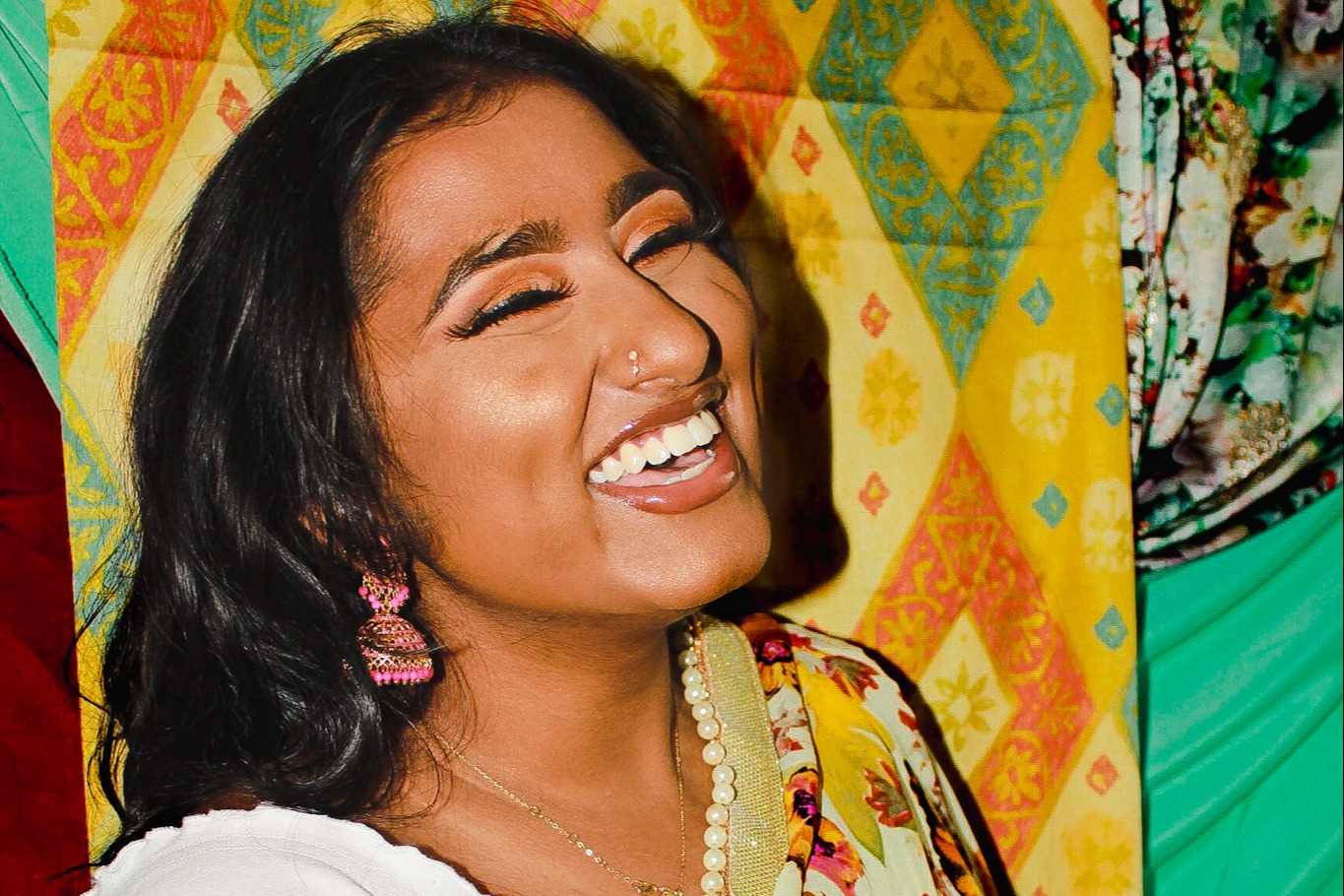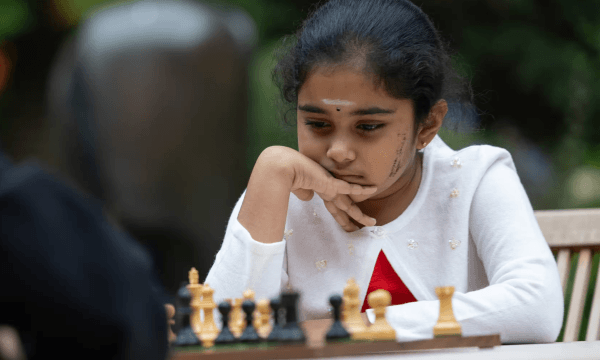
Historical Context of Queerness in Tamil Culture
Queerness has a rich and complex history in Tamil culture, intertwined with the region's deep-rooted traditions and religious narratives. Ancient Tamil literature and folklore are replete with references to diverse sexual orientations and gender identities. The "Thirukkural," an ancient Tamil text, and works of Sangam literature include subtle acknowledgments of non-binary and same-sex relationships. Temples and religious practices, especially those dedicated to deities like Aravan, reflect a historical acknowledgment of gender fluidity. Aravan worship involves the annual festival of Koovagam, where transgender women (Thirunangai) marry the deity and subsequently mourn his death, highlighting a cultural acceptance of transgender identities dating back centuries.
The colonial era, with its rigid Victorian morals, marked a period of suppression for queer expressions in Tamil society, much like in other parts of present day South Asia. In India, the enforcement of Section 377 of the Indian Penal Code, criminalizing homosexual acts, further pushed queerness into the shadows. Sri Lanka has still crimininalised same-sex relationships and marriages. Post-independence, queer individuals continued to face societal stigma and legal challenges. However, the last few decades have seen a resurgence in the recognition and assertion of queer identities in individuals themselves if not in policy reform.
The 1990s and early 2000s marked a period of significant change. Activism began to take root with the formation of organizations such as Sahodaran in Chennai, which aimed to provide support and advocacy for men who have sex with men (MSM) and transgender people. The increasing access to global media and the internet played a crucial role in connecting Tamil queer individuals with broader LGBTQ+ movements worldwide, fostering a sense of community and solidarity. The Tamil queer community has made remarkable strides in recent years. The decriminalization of homosexuality in India in 2018, with the Supreme Court's landmark ruling to read down Section 377, was a watershed moment, offering legal recognition and hope to queer individuals. In Tamil Nadu, this ruling was met with a blend of celebration and cautious optimism, reflecting the community's resilience and persistent struggle for broader acceptance.
Spotlight on LGBTQIA+ Organizations
Several NGOs and advocacy groups have been instrumental in driving change. The Chennai-based Orinam, founded in 2003, has been at the forefront of creating safe spaces for LGBTQ+ individuals, offering resources, support networks, and advocacy for equal rights. The Tamil Nadu Rainbow Coalition and Nirangal are other significant entities working towards the welfare and rights of the queer community. Jaffna Tamils marked the occasion of Pride Month with an annual walk this year, the third one since its conception in country where same-sex relationships are still criminalized.
Visibility has also increased through media representation and cultural events. Tamil cinema, traditionally conservative in its portrayal of gender and sexuality, is beginning to depict queer characters with more nuance and sensitivity. Films like "Super Deluxe" and "Peranbu" have garnered praise for their portrayal of transgender characters, contributing to a gradual shift in public perception.
Despite these advancements, the Tamil queer community continues to face considerable challenges. Societal acceptance remains uneven, with deeply ingrained prejudices still prevalent in many parts of the state. Discrimination, harassment, and violence against queer individuals, particularly transgender people, persist. Access to healthcare, education, and employment opportunities remains limited for many, exacerbating their marginalization.
However, the spirit of queer pride remains undaunted. Pride marches have grown in both size and visibility, with increasing participation from allies and supporters. These events serve not only as a celebration of identity and love but also as powerful platforms for advocacy and awareness-raising.
Spotlight on Queer Heroes
To mark pride month, we reached out to a few diasporic LGBTQIA+ folks to hear their thoughts on what pride means to them.
Anukiraha Uthayarajan

Can you briefly describe your journey/experience being a Tamil queer person?
"I knew I was queer when I was in High School, but it was something I didn't really address until I went to university and met other Queer South Asians. I now feel like I have a secure safe circle around me that are very supportive, and compared to when I was younger, there's definitely looots of Tamil Queers that are out and proud."
How have you used art/creativity as a way to express your identity and break barriers?
"I've met so many people online that are just like me and Queer and Tamil. It has been a great affirming experience and I love that I can create a space for Queer Tamils to meet. I often get people reaching out who have gone through similar anxieties and worries about their identity, and I'm grateful I can be there for them, as I didn't really have that myself growing up. I know make content about it and even use it in my comedy."
And what can the community do more in terms of embracing queer individuals?
"I think the thing that our Tamil community is missing his having a diverse range of Queer identities. We have a few "representatives" that take up the Queer Tamil space, but most if not all of them had accepting parents and are the token queer that people go to to address queer issues. But for example, a gay Tamil man can't speak for a Tamil lesbian and their experience. Likewise, they can't speak for the trans community etc. So I think it's important to involve new and a wider range of representatives."
Looking Ahead
The future of the Tamil queer community lies in continued advocacy, education, and solidarity. Efforts to sensitize the broader society, alongside legal and policy reforms, are crucial for achieving genuine equality. The role of allies—families, friends, and institutions—in supporting and uplifting queer individuals cannot be overstated.
The journey of queerness and queer pride in the Tamil community is a testament to the enduring human spirit in the face of adversity. From historical recognition to contemporary struggles and triumphs, the community's story is one of resilience, courage, and an unwavering quest for dignity and acceptance. As Tamil society continues to evolve, there is hope that queer individuals will not only find their rightful place but will also thrive as celebrated and integral members of the community.
 How Sunthar V. Is Creating Space For Inclusive & Diverse Stories Through The Tamil Comedy Club "This isn’t just about me. It’s about how many comedians punching up that I can create space for - especially those underrepresented in mainstream Tamil spaces. How many comedians not making homophobic, transphobic jokes and being proud of their Tamil identity. How do we get an Eelam Tamil comedian (who we can all be proud of) on the global stage?" TamilCulture.com
How Sunthar V. Is Creating Space For Inclusive & Diverse Stories Through The Tamil Comedy Club "This isn’t just about me. It’s about how many comedians punching up that I can create space for - especially those underrepresented in mainstream Tamil spaces. How many comedians not making homophobic, transphobic jokes and being proud of their Tamil identity. How do we get an Eelam Tamil comedian (who we can all be proud of) on the global stage?" TamilCulture.com 

























